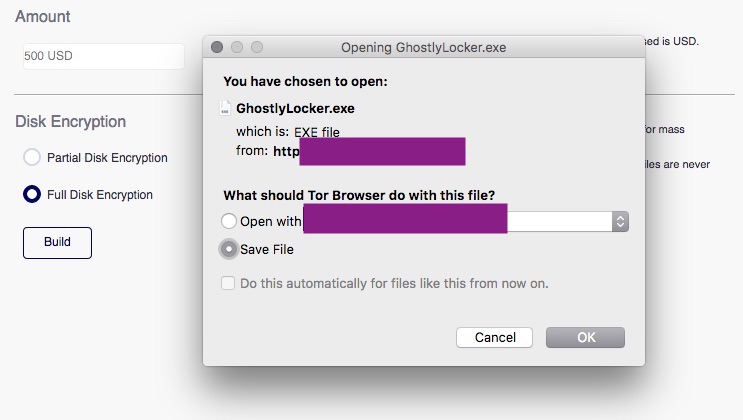
Ransomware as a Service | What are Cryptonite, Recoil and Ghostly Locker?
December 16, 2019
Use third-party keys in the cloud with Cloud External Key Manager, now beta
December 17, 2019At both NetApp and Google Cloud, we share a mission to offer our users a top-notch file service in Google Cloud. Whether you’re moving workloads to cloud or deploying net-new applications in cloud that need file interfaces, our aim is to offer a highly available, feature-rich, and high-performing file service.
We recently announced two major milestones toward our mission: the general availability of Cloud Volumes Service for Google Cloud, and the availability of this service in the Google Cloud region in London. Cloud Volumes Service for Google Cloud is a fully managed service that lets you run enterprise apps in the cloud without compromising performance or flexibility. This has helped businesses move high-performance file workloads to cloud without refactoring apps, and unlock the power of their data with tightly integrated data solutions that are optimized and validated for Google Cloud. We’ve heard how useful this service is for enterprises to add flexibility for users.
“We’ve been searching for a suitable replacement for CephFS and to do away with the headaches of maintaining our own internal Ceph stack,” said Aleem Shah, senior operations engineer, Prowler.io. “We tried many alternatives, with NetApp Cloud Volumes Service coming out on top in terms of its ever-expanding feature set, reliability, and pricing. The service support provided by NetApp was unmatched in all categories.”
Here are some details on new service features included in these announcements.
A new region
With the added support for Cloud Volumes Service in the UK, the service is now available in five regions: three in the U.S., one in the U.K., and one in Germany.
An availability SLA of 99.9% monthly uptime
A key requirement of running enterprise applications on cloud is ensuring reliability and availability of the infrastructure services. Cloud Volumes Service now offers a monthly uptime guarantee of 99.9% for your cloud volumes within a given region. This is the culmination of foundational hardening and scale testing accomplished by the joint teams of NetApp and Google SRE. The uptime guarantee is backed by a service-level agreement (SLA). You can confidently deploy production and business-critical workloads on Cloud Volumes Service.
Support through Google Cloud Support
To streamline customer experience and reduce time to resolution, you can now initiate support cases directly through Google Cloud Support, just like you do for any other Google Cloud service. With the general availability, we now have the cross-organization support framework with systems, telemetry, and enablement components in place. This means we can offer more efficient triaging and timely resolution of issues–essential for resolving problems in business-critical applications.
Volume latency metrics in Stackdriver
For enterprise workloads that support business processes, web content, batch runs, and so on, storage latency has significant implications on user experience, application efficacy, and job runtimes. Access to the right storage monitoring metrics can make the debugging process a lot easier for issues related to user experience or job runtimes. In addition to IOPS and storage throughput per cloud volume, you can now view both read and write latency metrics (in milliseconds) per cloud volume in Stackdriver. Latency metrics can help solve issues and understand the performance profile of the storage infrastructure for longer term planning. Find more details in the Monitoring Cloud Volumes section of the documentation.
IAM controls in the Cloud Console
Securing access to services within projects is a requirement for general enterprise and security-sensitive workloads. In addition to using gcloud commands, you can now assign the predefined cloud volume roles of admin and viewer to users, service accounts, and groups directly in Cloud Console, in the IAM section. For details about these roles, check out the Permissions for Cloud Volumes Service section in the documentation. Here’s what that looks like:


